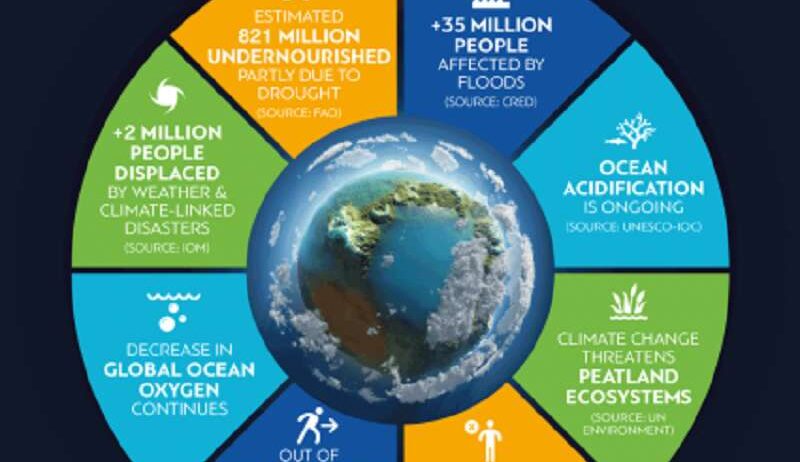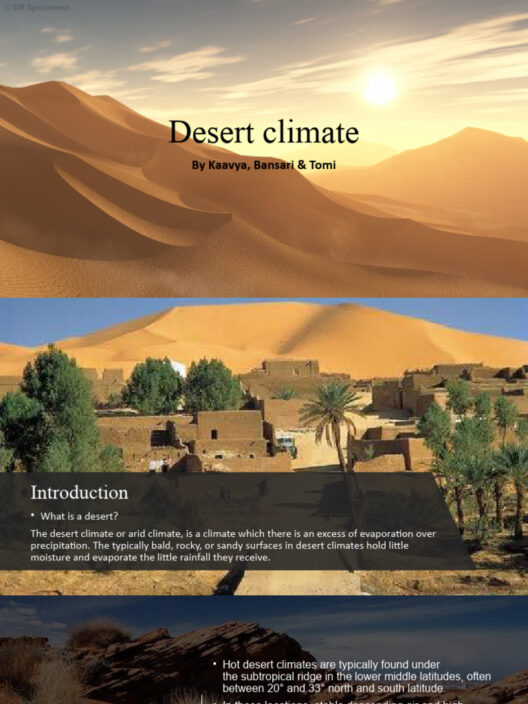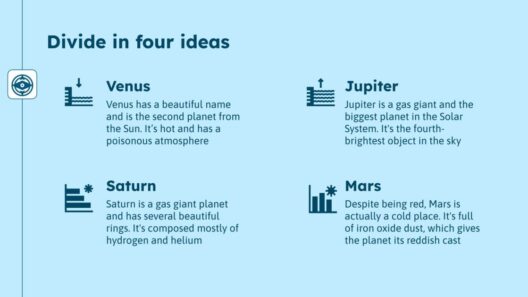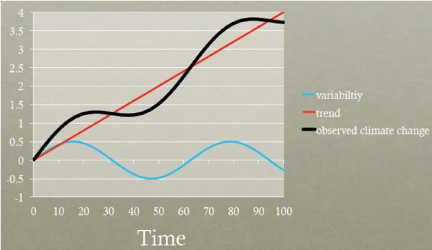The ramifications of climate change are sweeping, touching every facet of human and ecological existence. As temperatures rise and weather patterns evolve, the repercussions manifest in diverse forms, impacting our health, economies, and the delicate balance of natural ecosystems. This comprehensive overview aims to elucidate the multifaceted consequences of climate change on a global scale, including the urgency for collective action and the imperative of mitigation strategies.
Climate change is often characterized by its gradual onset, but the accelerated pace at which these changes are occurring currently presents stark realities that demand immediate attention. From heightened natural disasters to shifts in agricultural productivity, the effects are not confined to distant future scenarios but are already being experienced by communities around the world. Understanding these effects provides crucial insights for policymakers, businesses, and individuals alike.
Increased Frequency and Intensity of Natural Disasters
One of the most discernible effects of climate change is the increase in the frequency and intensity of natural disasters. Reports indicate a marked rise in extreme weather events such as hurricanes, floods, and droughts. The 2020 Atlantic hurricane season was a testament to this reality, producing a record number of named storms, resulting in devastating impacts across various regions.
These catastrophic events often lead to loss of life, displacement of populations, and financial ruin. Economies struggle to recover from the aftermath, as rebuilding efforts require significant investment and can divert funds from essential services. Countries most vulnerable to these climatic shifts—particularly those in the Global South—face a double-edged sword: they grapple with the existential threats posed by climate change while simultaneously lacking the resources to implement effective adaptation strategies.
Economic Implications and Food Security Threats
The economic ramifications of climate change extend far beyond immediate disaster response. Agriculture, which accounts for a significant portion of the global economy, is particularly susceptible to climatic fluctuations. Changes in temperature and precipitation patterns lead to reduced crop yields, threatening food security for millions globally.
Farmers struggle to adapt to shifting seasons, with some crops becoming less viable in previously arable areas. The World Bank projects that, by 2030, climate change could push an additional 100 million people into extreme poverty, primarily due to the impacts on agriculture. This deterioration threatens not just the livelihoods of farmers but also the stability of local and international food markets.
A rising population further exacerbates these issues, as the demand for food increases. With unpredictable weather patterns, it becomes increasingly challenging to ensure a stable food supply, leading to potential conflicts over resources. As prices soar and access diminishes, the consequences of food scarcity may manifest in increased social unrest and humanitarian crises around the globe.
Health Risks and Emerging Diseases
Climate change poses significant threats to public health, creating an environment ripe for the proliferation of diseases. Warmer temperatures and erratic precipitation patterns can enhance the habitat for vectors, such as mosquitoes, leading to the resurgence of diseases like malaria and dengue fever. Historically temperate regions now find themselves grappling with outbreaks previously viewed as confined to tropical climates.
Moreover, climate change exacerbates the prevalence of respiratory issues and other health problems due to air pollution and increased allergens. Urban areas commonly experience heatwaves that can lead to heat-related illnesses, particularly among vulnerable populations such as the elderly and those with pre-existing health conditions.
Water quality is also jeopardized, as rising temperatures can lead to harmful algal blooms and increased sedimentation in water bodies. Contaminated water supplies can result in gastrointestinal diseases and other health-related issues, compounding the already challenging healthcare scenarios in affected regions.
Loss of Biodiversity and Ecosystem Services
Climate change does not solely affect humanity; it also poses a threat to biodiversity and the integrity of ecosystems. As habitats alter through warming temperatures and changing precipitation patterns, many species struggle to adapt—or face extinction. Coral reefs, for instance, are experiencing mass bleaching events due to ocean acidification and rising temperatures, leading to the loss of marine biodiversity and the services these ecosystems provide.
Forests, which play a crucial role in carbon sequestration, are also under threat from increased pest outbreaks, wildfires, and changes in growth patterns. This loss not only diminishes biodiversity but also destabilizes the global climate further, creating a vicious cycle of environmental degradation.
Furthermore, the loss of ecosystem services, essential for human survival—such as clean air and water, pollination of crops, and climate regulation—compounds the challenges posed by climate change. The intertwining of human and ecological health indicates a need for a holistic approach to environmental stewardship.
Urgency for Action: A Collective Responsibility
Faced with the multitude of consequences brought about by climate change, the urgency for collective action cannot be overstated. International cooperation and commitment are vital to address the global nature of climate-related challenges. Initiatives aimed at reducing greenhouse gas emissions, enhancing renewable energy sources, and implementing sustainable agricultural practices can mitigate some adverse effects and pave the way for a more resilient future.
Moreover, individuals play an essential role in this fight. From reducing carbon footprints through conscious consumption to advocating for policies that promote environmental sustainability, every action counts. Together, communities can create a groundswell movement towards climate justice and actionable solutions that prioritize the well-being of both people and the planet.
The consequences of climate change are profound and multifaceted, encompassing natural disaster frequency, economic instability, public health crises, and biodiversity loss. As the impacts become increasingly pronounced, the necessity for awareness, advocacy, and action remains clear. The time for decisive change is now; our planet—and future generations—depend on it.







